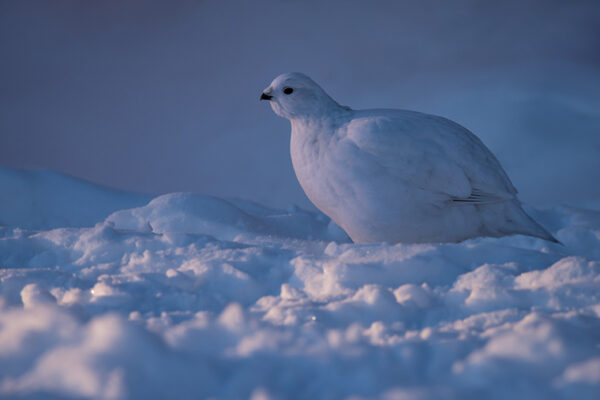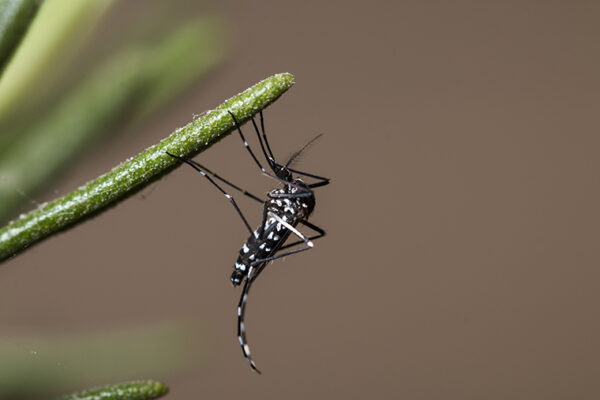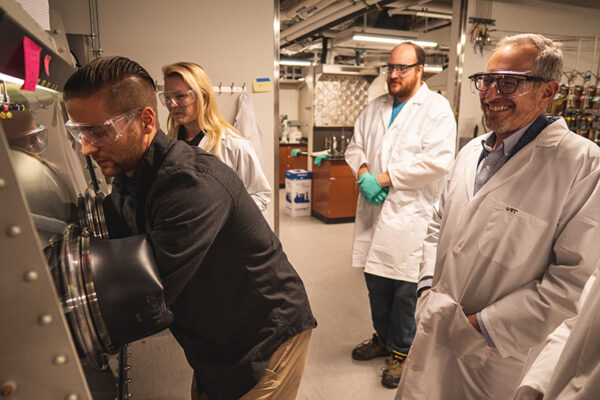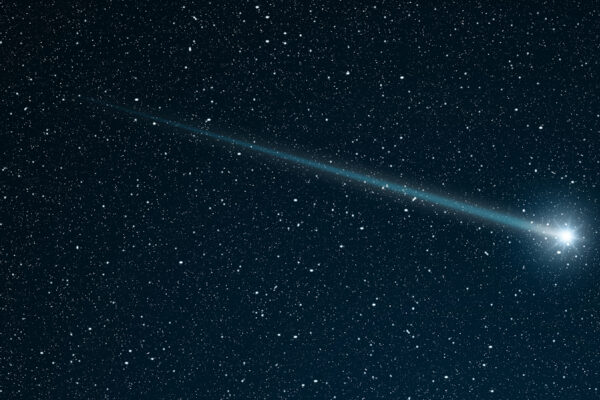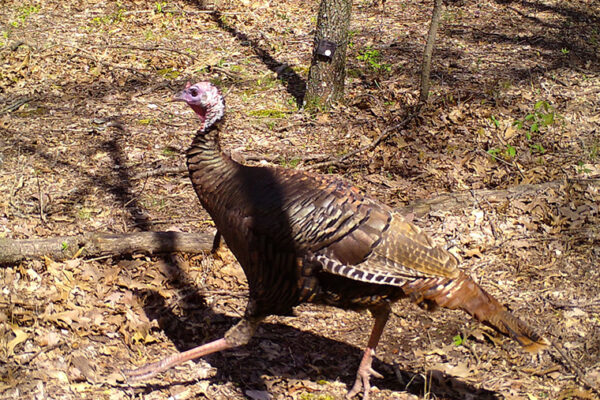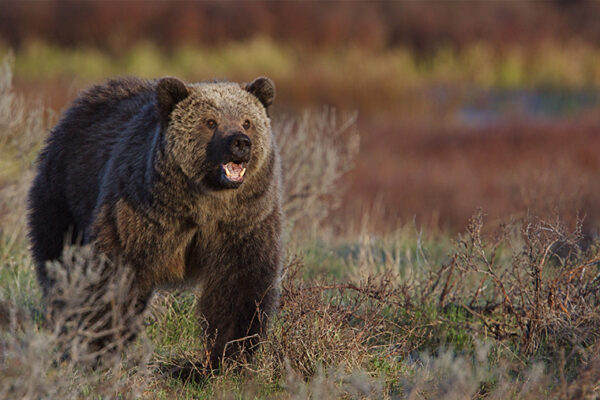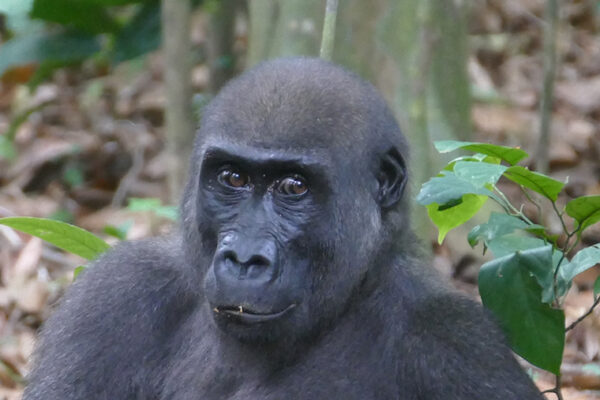Big brains or big guts: Choose one
A global study comparing 2,062 birds finds that, in highly variable environments, birds tend to have either larger or smaller brains relative to their body size. New research from Carlos Botero, assistant professor of biology in Arts & Sciences, finds birds with smaller brains tend to use ecological strategies that are not available to big-brained counterparts.
Mosquitoes push northern limits with time-capsule eggs to survive winters
New Arts & Sciences research from Washington University in St. Louis shows that invasive mosquitoes at the northern limit of their current range are surviving conditions that are colder than those in their native territory. This new evidence of rapid local adaptation could have implications for efforts to control the spread of this invasive species.
Investigative journalist casts critical eye on industry influence, pesticide science
Investigative journalist Carey Gillam will deliver the first talk of the fall 2019 Agri-Food Workshop lecture series, “Monsanto Trials and Monsanto Papers,” casting a critical eye on industry influence and pesticide science, Aug. 30.
NSF Center for Sustainable Polymers grant renewed
The NSF Center for Sustainable Polymers (CSP) has been awarded a $20 million grant renewal from the National Science Foundation in support of its research. The CSP, based at the University of Minnesota, partners with researchers from around the country, including William Tolman in Arts & Sciences.
Understanding the connection between tektites and the moon
Arts & Sciences researcher Kun Wang studies the melted rock that cools into tektites after a meteorite strikes Earth to gain insights into the giant impact event that formed the moon. His latest research was published Aug. 15 in the journal Geochimica et Cosmochimica Acta.
Caught on camera
Researchers from the Tyson Research Center at Washington University in St. Louis and St. Louis College of Pharmacy have set up 34 motion-activated cameras to capture images of wildlife in area parks and green spaces. Students and volunteers help identify the species in an effort promote local biodiversity and improve the coexistence of humans and wildlife.
WashU Expert: Proposed changes will stamp out ‘countless species’
The Trump Administration’s proposed overhaul of the landmark Endangered Species Act will “hasten the extinction of countless species,” says Jonathan Losos, director of the Living Earth Collaborative at Washington University in St. Louis and an international biodiversity expert.
Obituary: Peter P. Gaspar, professor emeritus of chemistry, 84
Peter P. Gaspar, professor emeritus of chemistry in Arts & Sciences at Washington University in St. Louis, died Saturday, July 27, 2019, in St. Louis, following a long illness. He was 84.
Rethinking seizures associated with cardiac disease
Research from Washington University in St. Louis finds that mutations of a gene implicated in long QT syndrome in humans may trigger seizures because of their direct effects on certain classes of neurons in the brain — independent from what the genetic mutations do to heart function. The new work from Arts & Sciences was conducted with fruit flies and is published August 8 in PLOS Genetics.
Sometimes you feel like a nut
A long-term study of western gorillas in Gabon has revealed an unexpected behavior: they use their teeth to crack open and eat nuts. New research by Adam van Casteren, lecturer in biological anthropology in Arts & Sciences, may have important implications for the way researchers predict the diet of human ancestors based on the shape of their teeth.
View More Stories
